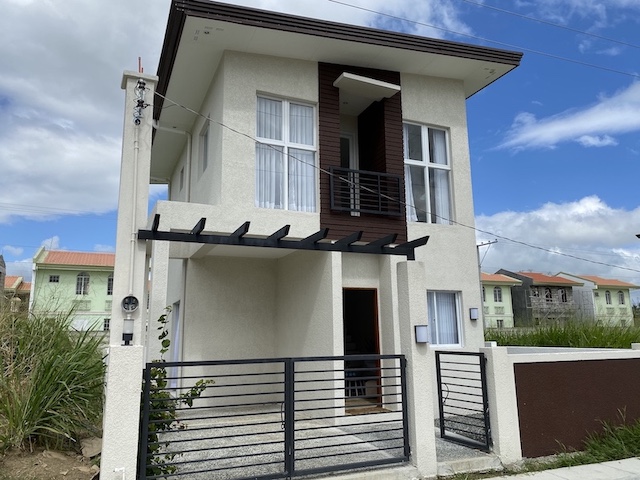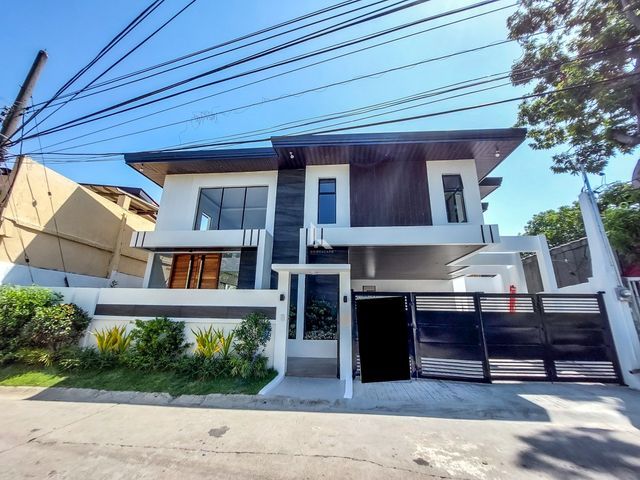Smart Homes in Singapore
In the heart of Southeast Asia, the vibrant city-state of Singapore is not only known for its rich cultural diversity and stunning skyline but is also emerging as a hub for technological innovation, especially in the realm of smart homes. As the nation advances, so does the integration of cutting-edge technologies into the very fabric of its housing infrastructure.
Embracing the Future: A Smart Home Revolution
Smart homes leverage technology to enhance the quality of life, streamline daily activities, and optimize energy consumption. In Singapore, this revolution is evident as more households are adopting intelligent solutions that redefine the traditional concept of home living.
1. Connected Living Spaces
Gone are the days when homes were confined to brick and mortar. Today, Singaporean residences are transforming into interconnected ecosystems where devices communicate seamlessly. From smart thermostats that adjust the climate based on preferences to lighting systems that respond to voice commands, homes are becoming intuitive and responsive to the needs of their inhabitants.
2. Security and Surveillance
Safety is paramount, and Singaporeans are embracing smart security solutions with open arms. Smart cameras, doorbell cameras, and sensors are now standard features, providing homeowners with real-time monitoring and alerts. The ability to remotely access and control these systems through smartphones adds an extra layer of convenience and peace of mind.
3. Energy Efficiency
Singapore’s commitment to sustainability is reflected in the adoption of energy-efficient technologies in homes. Smart thermostats, solar panels, and intelligent lighting contribute to reducing energy consumption and lowering utility bills. Homeowners are not only embracing these solutions for economic reasons but also to contribute to a greener and more sustainable future.
The Role of Artificial Intelligence
At the core of the smart home revolution is artificial intelligence (AI), which acts as the brain of these interconnected systems. AI algorithms analyze data from various sensors and devices, learning patterns and adapting to the preferences of the residents. This results in homes that become more efficient and personalized over time.

Challenges and Opportunities
While the rise of smart homes in Singapore brings about numerous advantages, it also presents challenges. Privacy concerns, interoperability issues among different smart devices, and the initial costs of implementing these technologies are some of the hurdles that homeowners and the industry must overcome. However, the opportunities for growth and innovation are vast, with Singapore poised to become a global leader in smart home technologies. For additional tips and information about the rise of smart homes in Singapore, be sure to visit Lake Garden Residence Singapore to learn more.
Future Trends in Smart Homes
As technology continues to evolve, so will the landscape of smart homes in Singapore. Future trends include the integration of 5G connectivity, the proliferation of smart appliances, and advancements in voice recognition technology. These developments will further enhance the efficiency, connectivity, and overall intelligence of Singapore’s homes.
Conclusion
The rise of smart homes in Singapore signifies a paradigm shift in the way we perceive and interact with our living spaces. As technology continues to weave itself into the very fabric of our homes, the benefits of convenience, security, and sustainability become more apparent. Singapore is not just building houses; it is crafting intelligent, responsive, and future-ready living environments.
